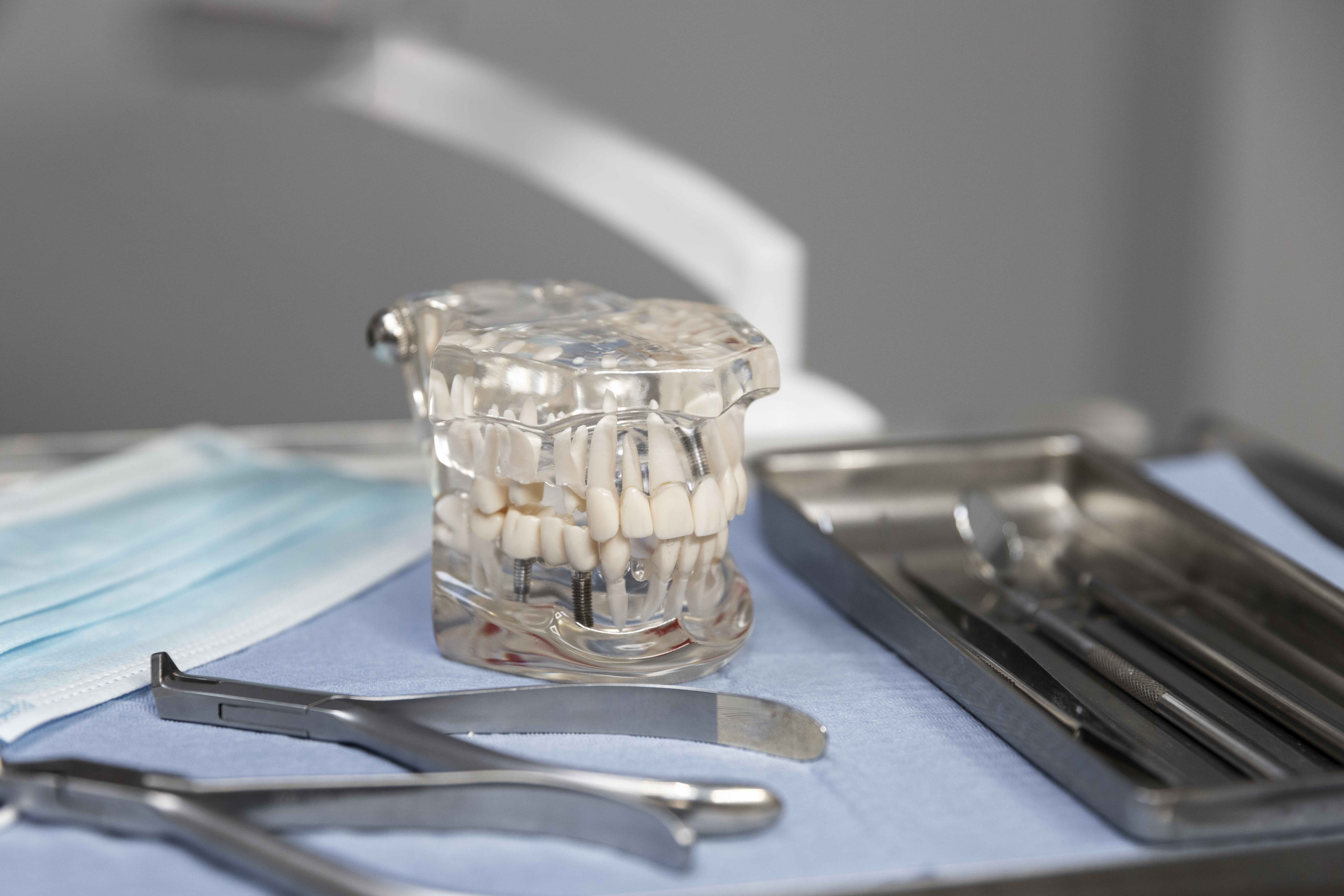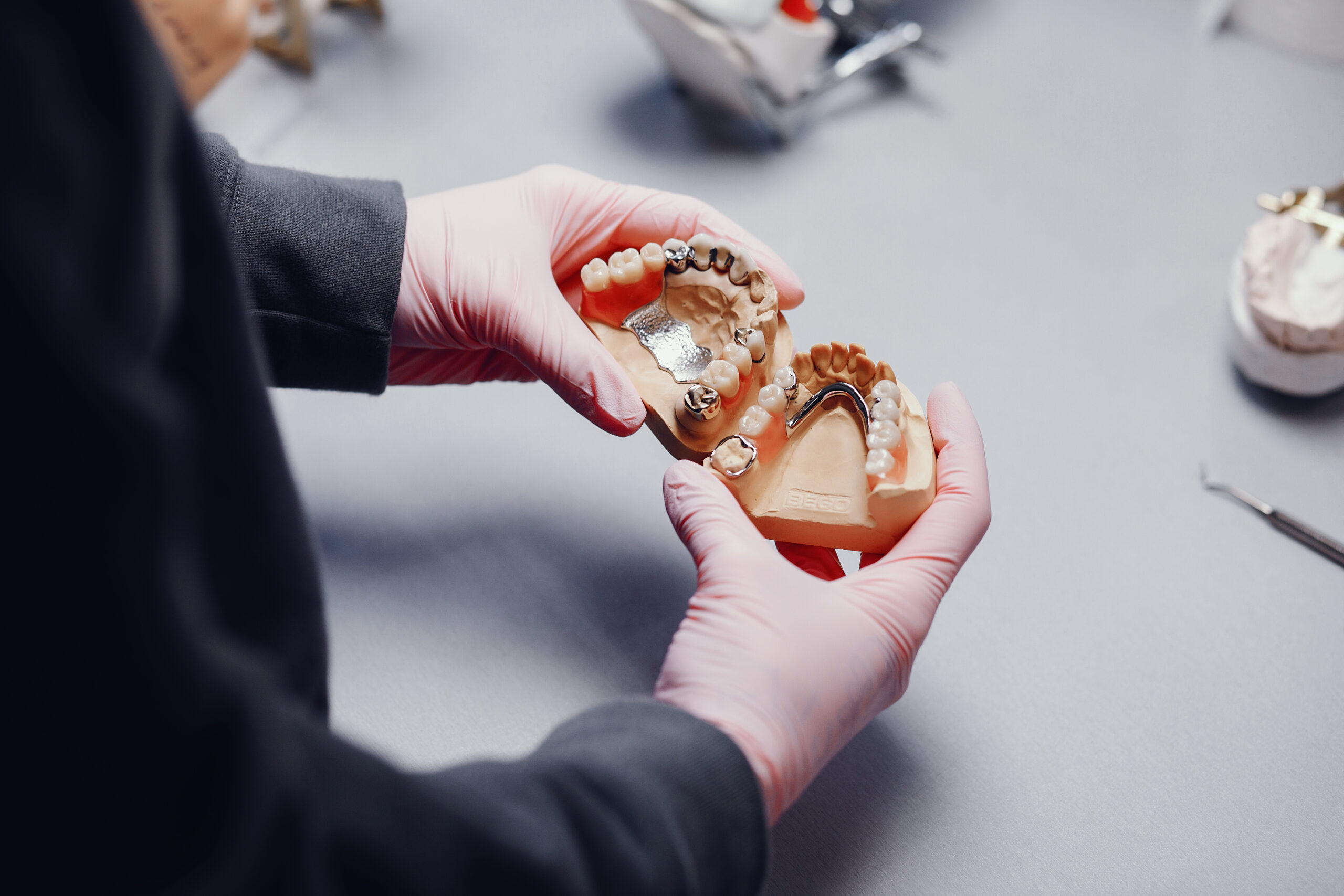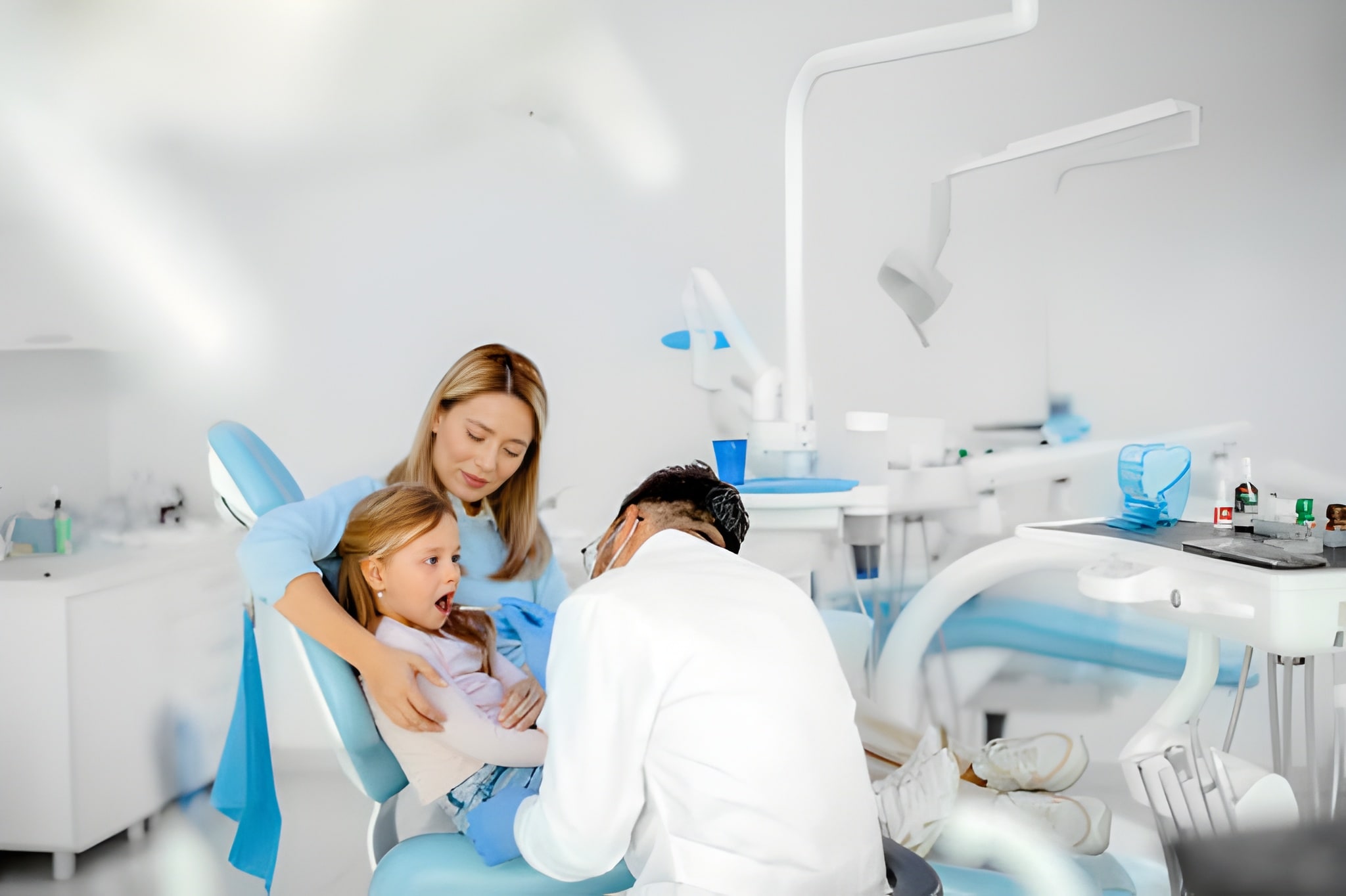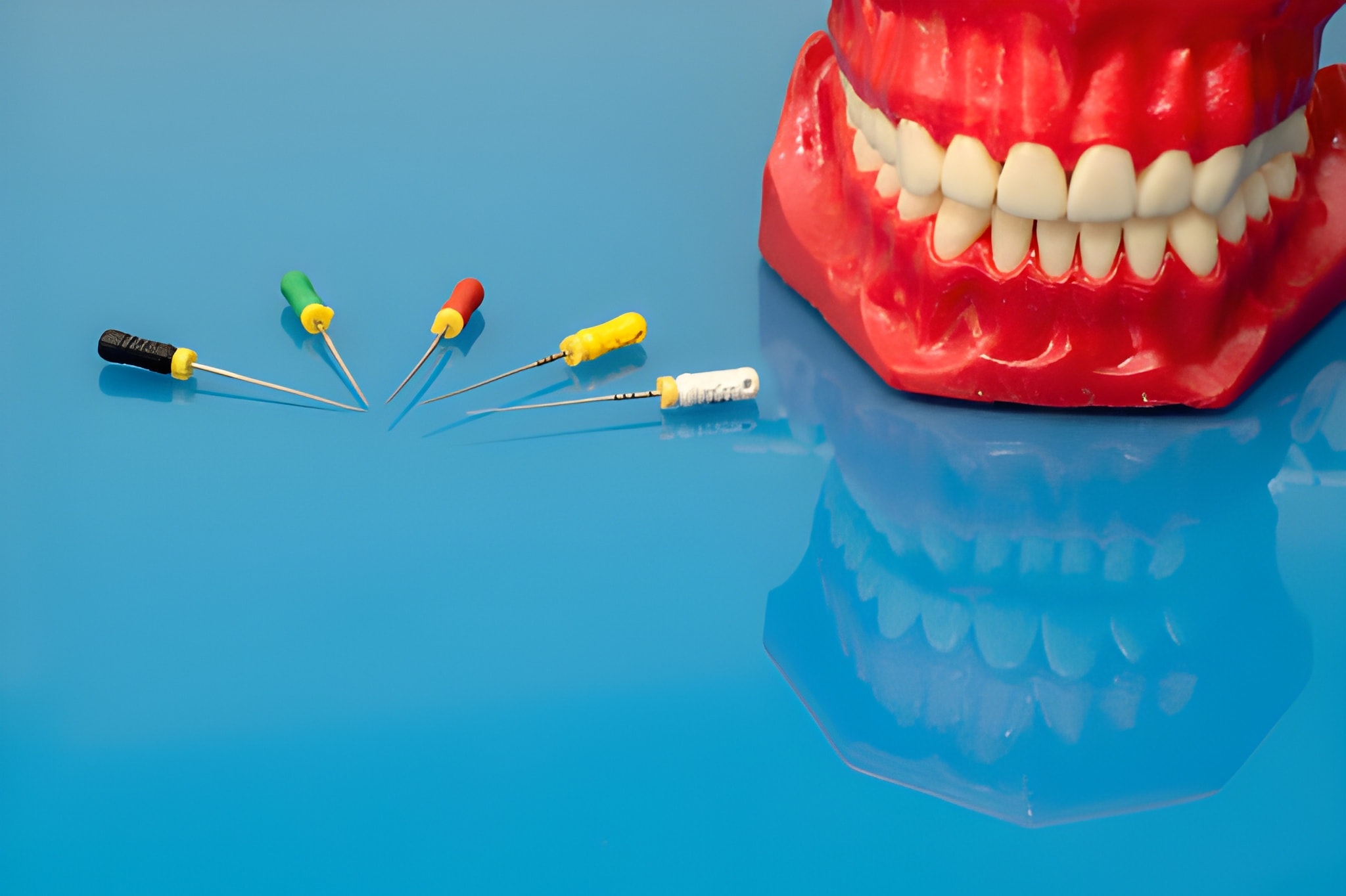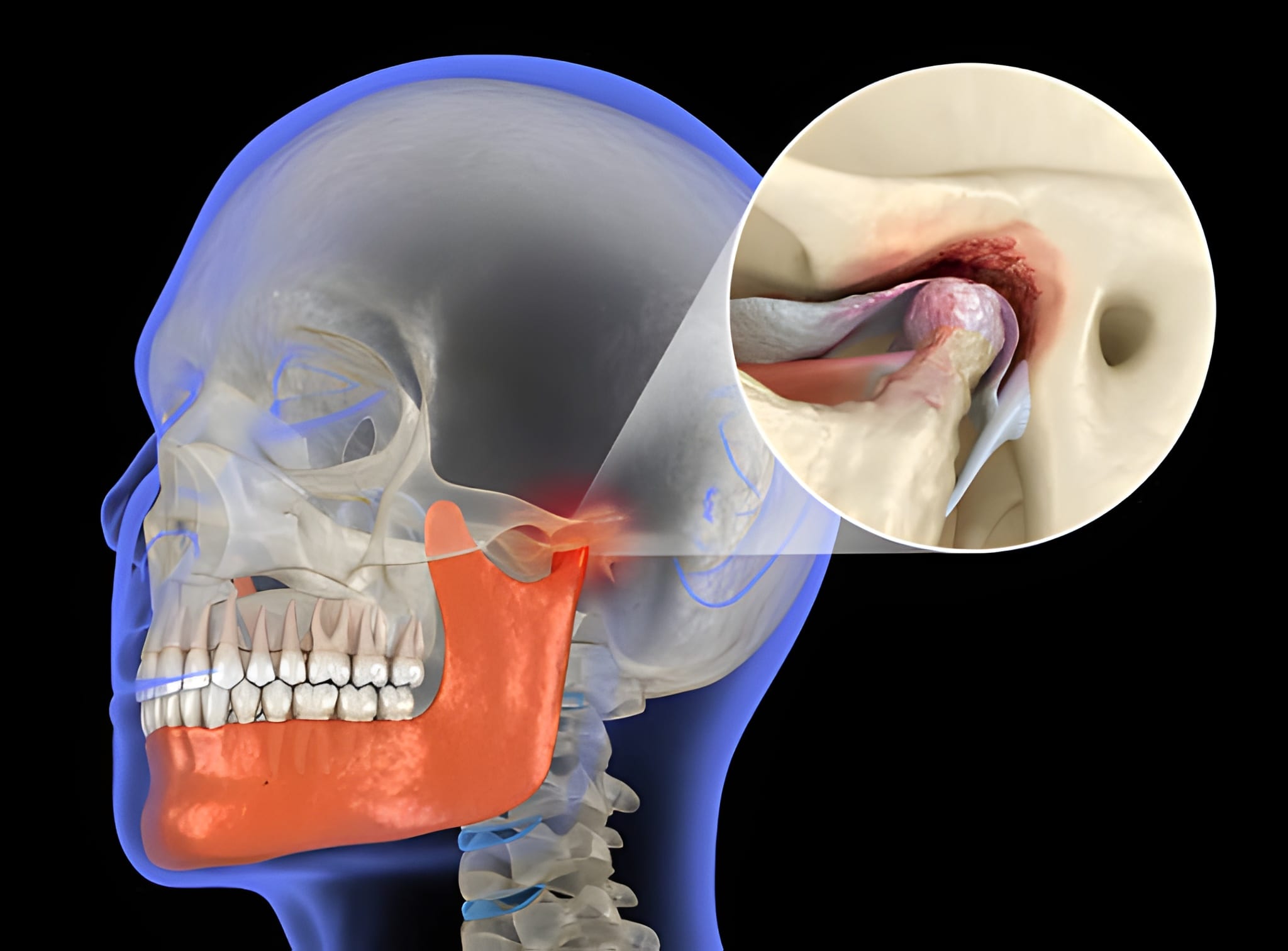Home Dental Emergency Care Tips: Top Things To Do When You Are In Tooth Trouble
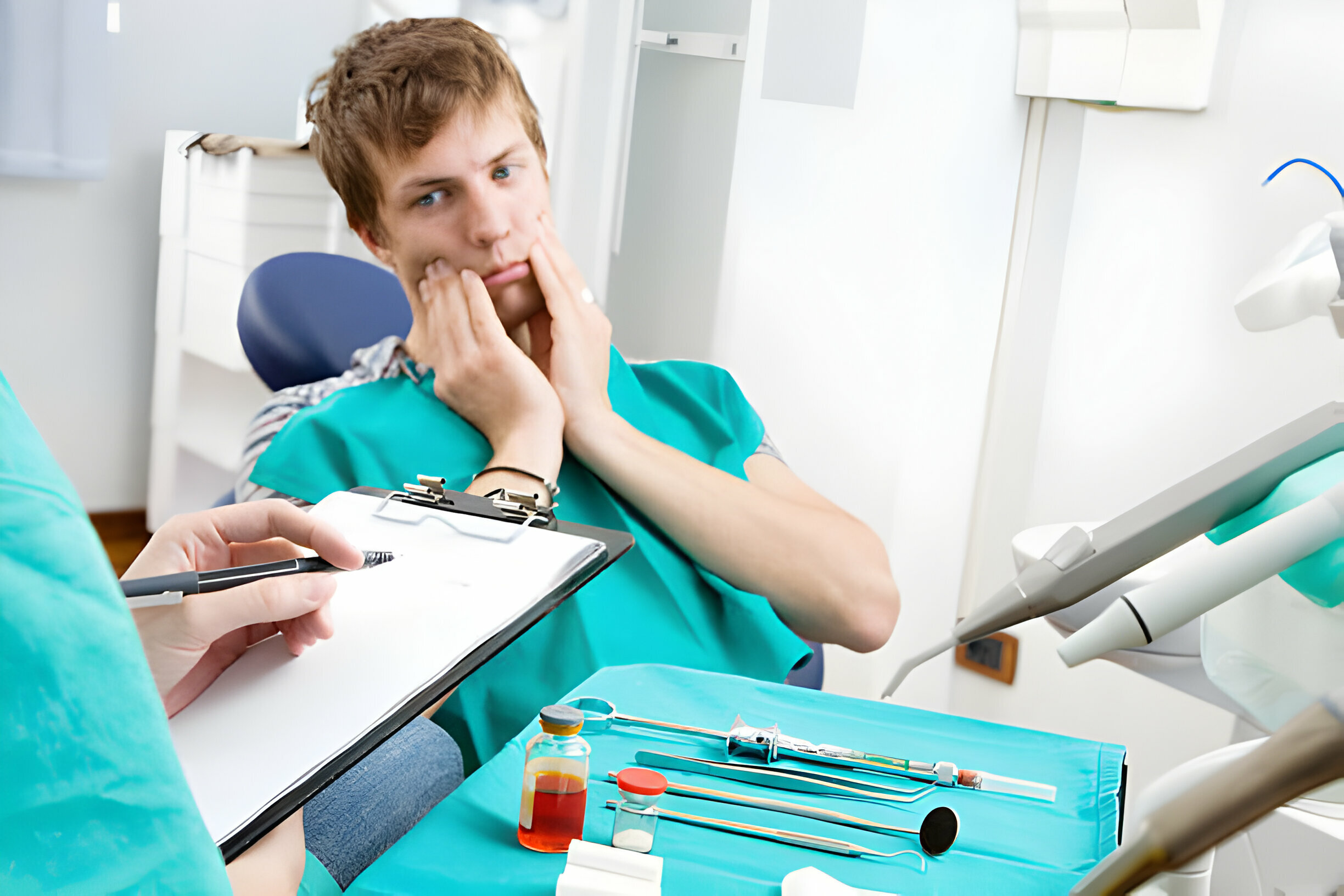
No matter how prepared or safely you live, you cannot deny that a dental emergency can happen anytime! Over 2 million Americans visit the hospital’s ED for their oral health.
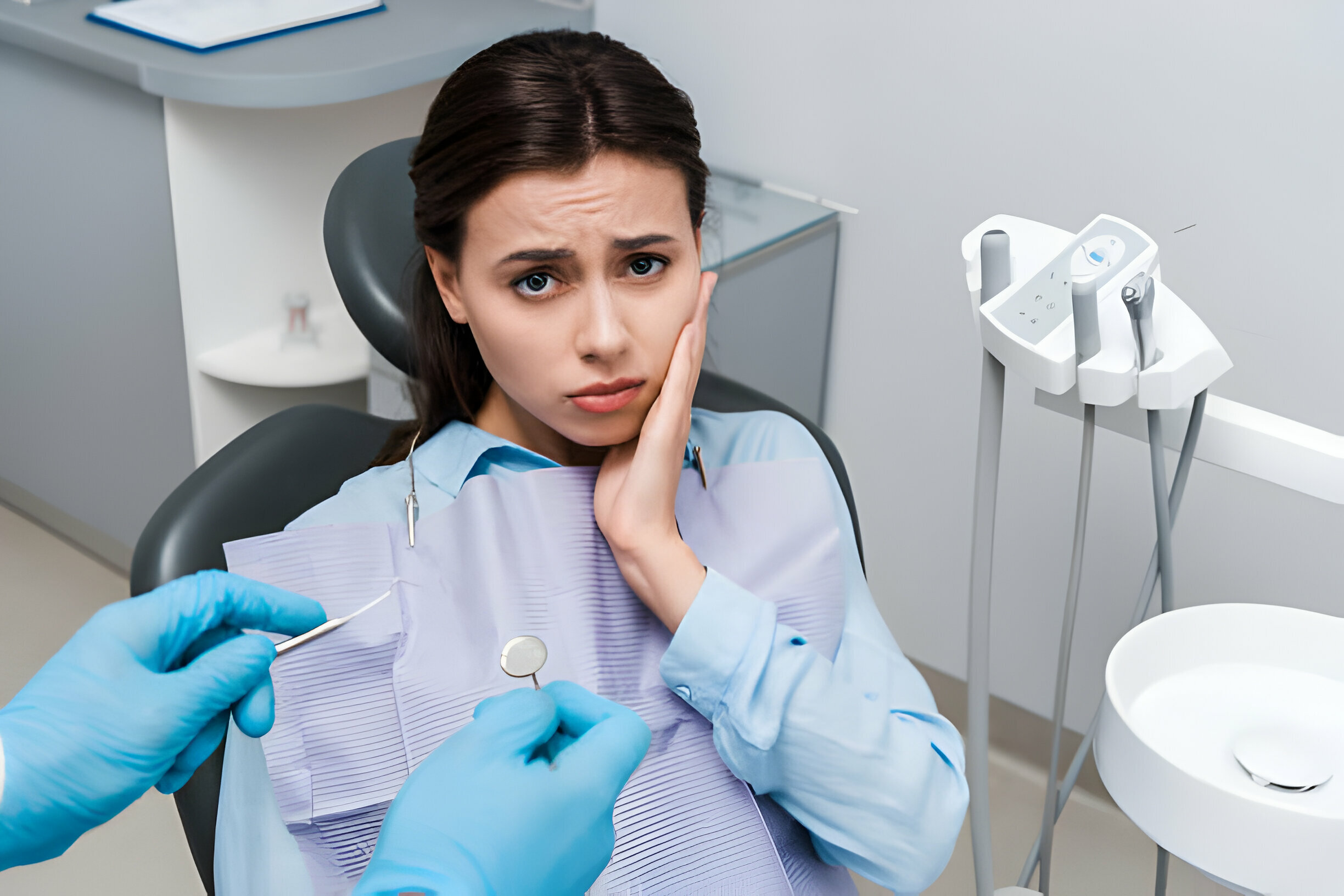
Knowing what to do during such emergencies can be a great benefactor, equivalent to saving a life. We say this because scheduling your appointment with the dentist during such incidents is impossible.
Keeping the same in mind, this blog explores dental care emergencies in the following:
Continue reading as we learn more about oral urgent care in the following sections.
As the name suggests, an oral emergency requires you to seek immediate urgent dentist care. These conditions can range from severe toothache to gum bleeding and might pose a threat to your life.
There are different types of urgent oral crises. However, only some emergencies require a visit. So here’s an outline of some of the more prevalent emergencies when you must consult with an expert:
Dental problems can be unpleasant and bothersome at times. You don’t have to run to the emergency dentist if you face such an oral crisis.
You can use the strategies to relieve your discomfort and have it cured. Here are some ways to deal with any such incidents easily:
All oral problems are not dental emergencies. Toothaches may wait; if the pain isn’t severe, you don’t need to see the dentist in the middle of the night. Dental emergencies, such as bleeding gums or knocked-out teeth, require immediate medical attention. If your face is bloated and painful, it might result from an infection or an issue only a dentist can treat.
While panicking is a normal reaction to a crisis, being cool might help you figure out what’s happening. Instead of stressing out, try softly inhaling and exhaling to calm down. You can schedule an appointment with a dental facility that treats dental emergencies.
There’s a risk you won’t be able to visit an ER dental emergency immediately. You might perform basic first aid at home to halt the bleeding or relieve the pain. You can preserve a knocked-out tooth in a milk container until you see the dentist.
Various hot and cold compression techniques can help alleviate pain and edema. Rinsing your mouth with salt and water might help to prevent gum infections and bleeding.

Taking precautions and seeing the dentist regularly helps avoid dental emergencies. Dental crises are less likely if patients wear mouthguards during sports or get their cavities and infections addressed. Chipped teeth are less likely to occur if you follow your dentist’s instructions and avoid biting on harsh objects.
You should be prepared to handle an oral emergency. Having first-aid supplies, such as gauze, antiseptic mouthwash, and bandages, might be beneficial in an emergency. You may add your dentist in Bloomfield phone number to your “speed dial.”
Brush your teeth at least twice every day. Professionals suggest brushing your teeth first thing in the morning before bed. If you see bleeding gums, see your periodontist right away.
Besides, clean your teeth for at least 2 minutes. It gives you ample time to clean every tooth surface thoroughly. Electric toothbrushes are convenient since they include built-in timers. If you use a manual toothbrush, set a little timer in the bathroom or use your phone.
Any object trapped between your teeth is never a pleasant experience. If you run into this difficulty, don’t worry. To remove the item, use toothfloss softly and carefully. Avoid using a pin or sharp instrument since they might damage your teeth or gums. If you cannot remove the item, immediately seek urgent care with a dentist.
Many individuals find it inconvenient to have a loose tooth or broken wire. The good news is that you can treat it temporarily until you see your dentist. Press the wire to the pencil’s eraser if your braces or wires shatter.
Cover the end with the little cotton ball till you go to the dentist when you cannot adjust the wire. Attempting to cut the wire might result in eating it.
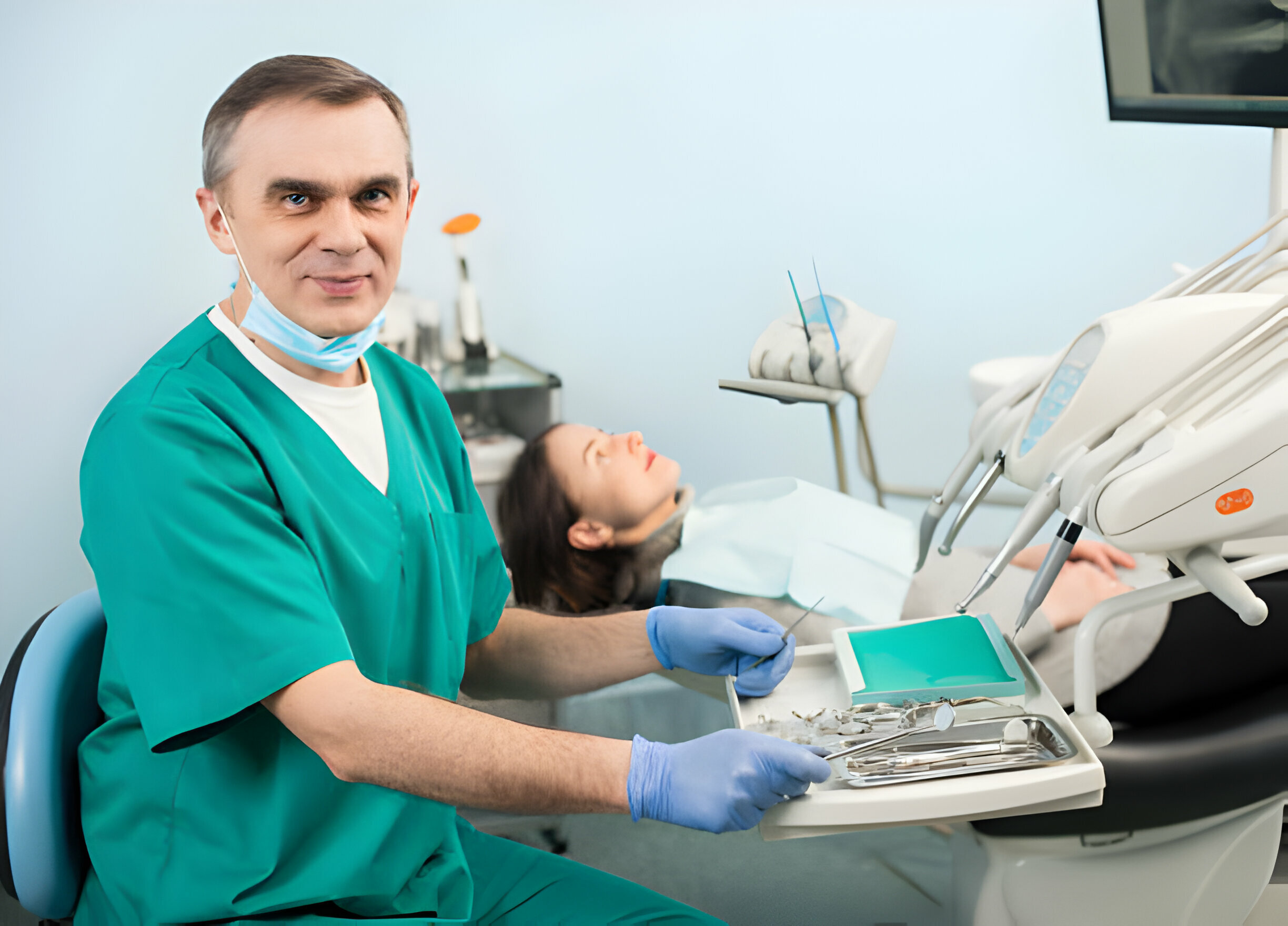
Soft tissue injuries can be painful. The soft tissues in your mouth are the tongue, cheeks, gums, and lips. They have a large number of blood arteries, which makes them prone to bleeding when harmed. So, what do you do if this occurs? You can accomplish the following:
Losing fillings and crowns can be painful because they leave a hole in your mouth. If this happens, you can apply gum to the mask and temporarily relieve discomfort. When your crown slips off, don’t use glue to reattach it. It is essential to visit your dentist soon and bring your crown.
An abscess is a pus pocket developed in the tissue around your tooth. Bacterial infections often cause abscesses. It might spread to your other teeth and gums if you don’t treat the abscess.
You should see your dentist as soon as possible when you see an abscess. Rinse your mouth with moderate seawater to relieve the soreness. Following recovery, you must plan frequent checkups to maintain oral health.
